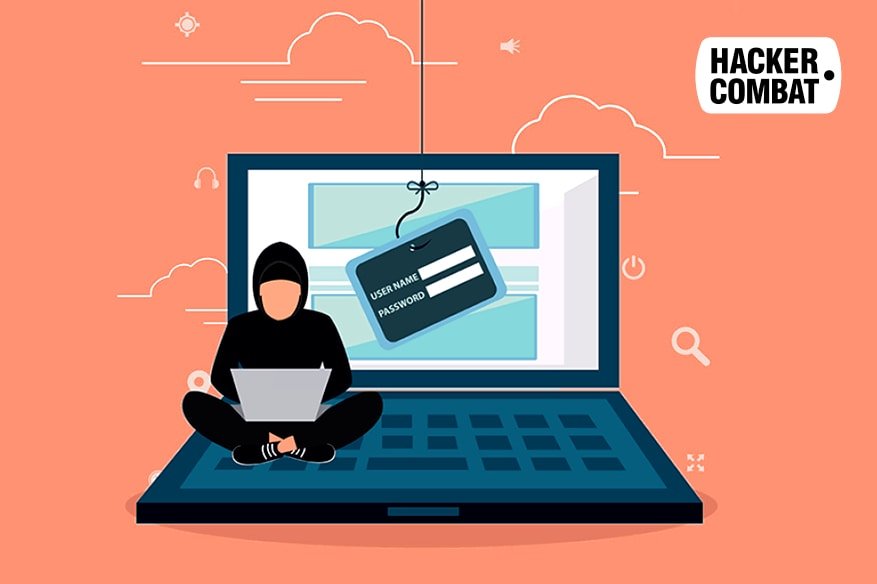How to Stay Vigilant Against Phishing Scams

Phishing attacks have become a common occurrence in the digital age. While most of us already know what these email scams look like and how to avoid them, their evolutionary nature can make them a bit of a moving target. So, it’s important to stay vigilant about phishing expeditions and the many ways they can fool users into feeling safe. Because as soon as your awareness begins to fade, so does your overall security.
Judging by the increase of malware attacks that rely on phishing strategies, it’s clear there are still a large number of internet users who haven’t properly honed their methods of protection. For whatever reason—be it age or education or lack of technical understanding—these inexperienced individuals who continue to click suspicious links and download weird attachments are actively allowing malware to enter their system—and allowing cybercriminals to get them better of them. It’s worth noting we cannot always blame the user, however, as hackers these days are really upping their phishing game.
That’s right—believe it or not, phishing scams are actually getting craftier. And believe it or not, many people are still falling for them…
Understand phishing attacks…
As we know, the term “phishing” refers to a breed of internet scam whereby hackers use fake emails to connect with strangers. Posing as legitimate friends, colleagues, business liaisons, or vendors, scammers draw people into their tricks through seemingly important or worthwhile exchanges. Whether they are innocently asking people to log in to a problematic bank account or read some attached document, phisher-men use malicious links as their ticket to enter an outside system.
These malicious links are a hacker’s only gateway to your personal information, which is why they pose such a vulnerability to most networks. Once these harmful doorways are clicked or downloaded or passed along to other users, they essentially open up a whole new world of exploits, including malware infections, data loss, and identity theft. Yes, they often present with official-looking logos or messages, but they are the furthest thing from safe communications.
Guard yourself properly…
With regards to protecting yourself against phishing scams, vigilance is key. First, phishing emails are likely not going anywhere soon. They will likely continue to plague our inboxes for a long time, delivering dangerous links all the while. So, it is imperative to always approach email with a certain degree of healthy caution, just as you would with other aspects of life. Gone are the days of lazily opening messages and clicking around—today’s world is one of heightened digital caution. Every email you encounter should be handled with care, especially when they immediately ask you to divulge personal data or open up your system to incoming files. That said, there are some basic ways to fight them:
- Don’t click unconfirmed links! When it comes to phishing, this is a golden rule. The moment you are asked to click a link, regardless of whether you think you know the sender, your security antennae should perk up and come to attention. Danger! If the email has come from an unfamiliar or unknown source, there is no question—just avoid it. If it appears to originate from a known source, the first thing you should do is check its email ID. You can use a third-party service to check emails or just refer to the email platform you are using, who will often provide an indication of whether the message has come for a recognizable sender. If all signs point to a genuine email address, you might be safe. But the best thing to do is look for any listed contact information and reach out to that person directly for confirmation. For example, if you receive an email from your bank asking you to update personal information, just pick up the phone and call them. You could also open a browser window, log on to your online account, and see if there are any corroborating notification.
- Read the wording of the email carefully! Phishing emails are typically written badly, with noticeable spelling, grammar, and linguistic mistakes. Of course, even legitimate sources make typos or tiny errors, but when you see more than usual or oddly phrased sentences that smack of a non-native speaker, you may be in danger. Just trust your gut. If the message sounds “off” for any reason, discard it immediately or contact the source directly.
- Don’t get tempted by offers and prizes! Remember the old adage, if it’s too good to be true—it is. No one is going to offer your free stuff and great prizes for no apparent reason. So as much as we would love to believe we won a car or have a shot at a million dollars, the truth is we are probably being scammed. You may get emails claiming to have important or valuable information for you, but the majority (if not all of them) are phishing emails. Sometimes they appear very sophisticated and don’t feel “off” at all, in which case you need to consider what you know about the identity of the sender. If you are asked to click any link or download any file, resist temptation and take time to verify what you don’t know. You’ll thank yourself in the end.
- Avoid emails asking for help! As much as we might love to help others, strange emails asking for money or some form of assistance are almost always scams. People just don’t ask for help that way in the real world. Avoid these emails immediately, and if you are really interested in possibly helping this person, open a browser and do some independent research. If you can verify its legitimacy, you are free to help them all you want. Just help yourself first by staying safe!